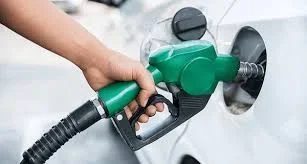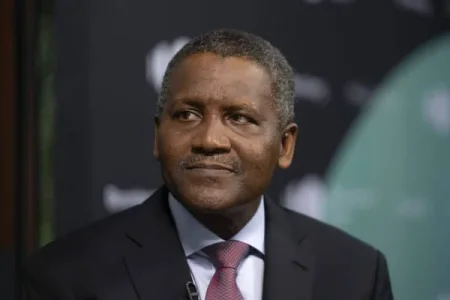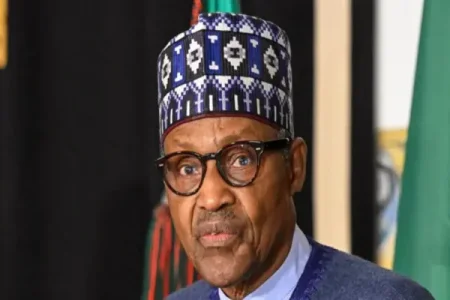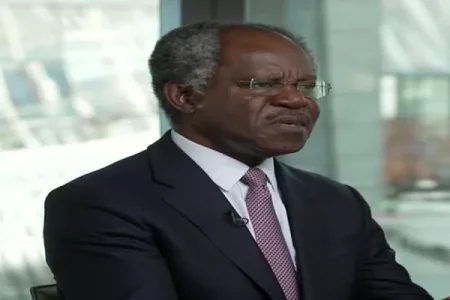
The global crude oil prices have surged to a staggering $93.55 per barrel, raising concerns about another petrol price hike in Nigeria. This price increase coincides with the continued depreciation of the Naira against foreign currencies, with the Naira exchanging at N980/$1 on the parallel market.
Despite these worrisome developments, both the Independent Marketers Association of Nigeria (IPMAN) and the Major Oil Marketers Association of Nigeria have moved to allay fears of an imminent petrol price hike due to the soaring global crude oil prices and the Naira's fall in value.
It's worth noting that over the past three months, fuel prices in Nigeria have already been raised twice. Following the removal of fuel subsidies in June, the pump price increased substantially by 210% increase, from ₦145 per litre to ₦462.83 per litre. Less than a month later, it rose to ₦500 per litre.
However, President Bola Ahmed Tinubu has reassured the public that there will be no more fuel price increments. Ajuri Ngelale, Special Adviser, echoed this assurance to the President on Media and Publicity. In line with this commitment, the Nigerian National Petroleum Corporation Limited (NNPC) has been Nigeria's sole fuel supplier, except for a brief importation by Emadeb Energy in July.
Some speculate that the Federal Government indirectly subsidises the commodity to prevent further price hikes. In response, the President of IPMAN, Chinedu Okonkwo, stated that there's no immediate cause for alarm and emphasised the need to accelerate the adoption of Compressed Natural Gas as an alternative to petrol.
The former Chairman of the Major Oil Marketers Association of Nigeria (MOMAN), Tunji Oyebanji, explained that the country operates in a unique, fuel-deregulated market where NNPC sets the price as the sole supplier. While NNPC remains the exclusive importer, the product's price is expected to remain unchanged for the benefit of Nigerians.
In summary, while the soaring global crude oil prices have raised concerns about fuel prices in Nigeria, assurances from top officials and the unique market dynamics suggest that stability may prevail for the time being. The situation remains subject to market fluctuations and government policies, particularly regarding adopting alternative fuels.




